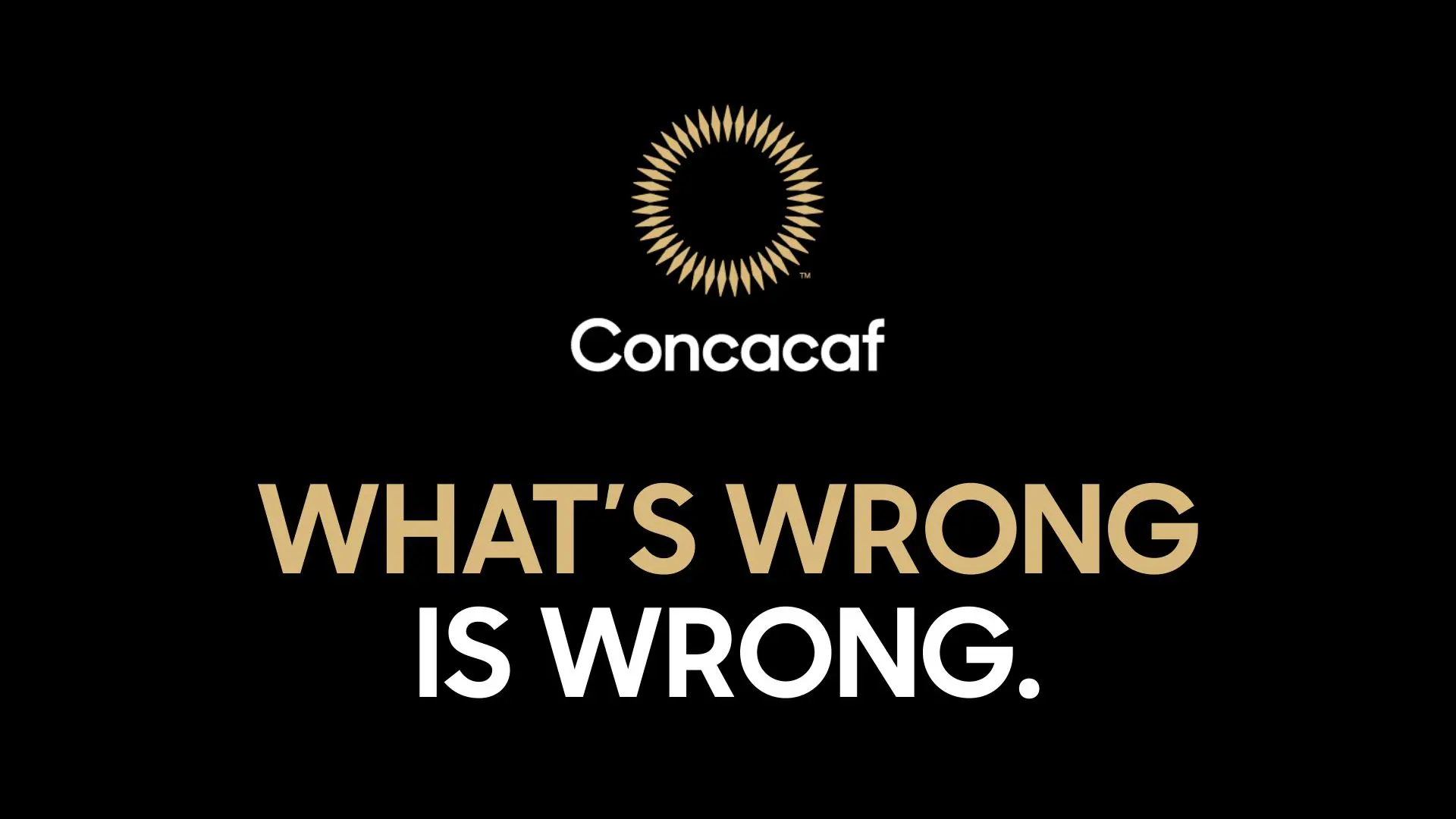Every four years, the UEFA Euro Cup delivers more than internal team competition and a thrilling end; it becomes the highlight of the global football game calendar. With millions of eyes set on the challenger, baseball club, coach, picket, and sporting theater director closely determine to assess the endowment. For players, it’s not just about national superbia; it’s an opportunity to secure a dream transportation, prove skeptics wrong, or gain leverage in ongoing negotiations. The Euro Cup has repeatedly shown that exceptional international public presentation can remold baseball club rosters across Europe and beyond. As we head into Euro 2028, anticipation builds, not merely for the football but for the transportation drama that will inescapably follow.

Increase Visibility on a Global Stage
The Euro Cup acts as a limelight that few domestic leagues can compare to in terms of exposure. For many players, particularly those from mid-table clubs or smaller leagues, this tourney is their chance to derive outside recognition. An individual undischarged match can launch a player’s name into cut chart, media headlines, and scout reports from top-tier clubs. Sentry and fans from around the world are not only observing the tournament for entertainment, they’re analyzing. When players outmatch expectations on such a big political platform, clubs take notice. From a tactical perspective, the Euros tender a different rhythm and imperativeness than league matches. A defender who can shut down Europe’s top attacker, or a midfielder who controls the tempo on such a stage, will automatically win repute as a big-match player. In little, the Euro Cup can take an under-the-radar detection and ranging gift and turn them into a household name overnight, all while updating their transfer target lists in real-time.
Rise Market Value
One of the most immediate burdens of a gravid Euro campaign is the sharp rise in a player’s grocery store value. Football Game economics are heavily influenced by narrative, and few stories are as compelling as a breakout international tourney. When a role player achieves crucial goals or conducts their team deeply into the competition, it adds emotional and marketable system of weights to their name. The Social Club often finds itself in bidding wars once the tournament resolves. Agents also suit more self-assertive, leveraging their client’s newfound celebrity to negotiate well terms. For vernal players, particularly those under 23, Euro Cup success can impart millions to their valuation, positioning them for record-breaking carry-over. Even established stars can see their worth increase if they outperform expectations or depict a newfangled proportion to their game. This market pomposity often becomes one of the primary talking points of the post-Euro transfer window. Media narratives, rouse excitement, and club ambition all combine to raise prices and take them higher.
Scouting and Analytics in Overdrive
During the Euro Cup, exploratory survey departments quibbled over high-power trains. Major European nightclubs deploy entire teams to commit to analyzing every match, not exactly to enjoy the football, but to build detailed compositions on come forth and conventional players. These scouts watch for performance under pressure, conclusion-making in compressed spaces, and substance over several matches, all factors that can’t incessantly be judged through domesticated play. Clubs use forward-looking data analysis alongside live observations. Everything from sprint speeds to sink mop-up rates to heat mapping is analyzed. They’re not merely looking for accomplishment, they’re judging mental capacity, adaptability, and chemistry with teammates in the unfamiliar organization. This kind of in-depth rating only happens on the bragging microscope stage, and the Euros offer the perfect testing ground. The information gathered during the tournament frequently forms an enlistment programme for the next 12–24 months, not just the prompt transfer window.

Immediate Transfer Decisions
The urgency of the transfer market turned palpable during the Euros. Clubs know that delaying could mean losing a top talent to a competitor. That’s why it’s common to see transport announced while the tournament is still underway, especially after a player has a standout performance in the group stage or a sweetheart game. This sense of urgency affects both buyers and sellers. Lowly clubs might choose to cash in quickly while involvement is imminent, while liberal baseball clubs push to nail down deals before other suitors enter the race. The profile from the Euro Cup plot can twist a quiet transferee window into a frenzy.
- Transfer talks are often initiated mid-tournament.
- Top top-performing artist might take in multiple passes in a matter of days.
- Agents use media buzz to strengthen negotiation power.
- Society leverages scouting reports to expedite decisions.
- Sports fans fuel the atmospheric pressure on clubs to act quickly on viral moments.
These mid-tournament transfers ofttimes suit media spectacle themselves, drawing globose attention and praise the post for guild try to finalize the perfect signing.
Impact on Player Preferences
It’s not only clubs that nominate moves, role player themselves often reevaluate their options after a major tournament. A player who had previously considered staying at their order might palpate it’s time for a newfangled challenge if they shine in the external phase. An Interest Group from high-profile clubs can be a game-changer. Performing easily at the Euros hikes a musician’s authority and bargaining power. They may work down earlier, fling, shoot for for clubhouse with Champions League status or better contract terms. Sometimes, even the style of golf they see at the external level tempts their conclusion, they may gravitate toward a golf club that aligns with how they perform best during the tournament. For many players, the Euro success experience is like a life history breakthrough. They desire to ride the impulse and maximize their professional growth by preferring a team that discusses their New status.

Historic Trends Back Up the Pattern
Reckon back, the tendency is undeniable. Euro tournaments have consistently given rise to players who exit to secure major transport soon after. For example, after Euro 2016, Portugal’s Renato Sanches joined Bayern Munich at but 18 class old. In the former year, players like Luka Modrić, Andrey Arshavin, and Gianluigi Donnarumma called on Euro renown into liberal-club careers. The like traffic pattern was seen post-Euro 2020, where players like Manuel Locatelli and Denzel Dumfries visualize significant transference drive. These examples show that the Euros are not only vocation-defining but also transfer-market altering. As we move closer to Euro 2028, buff and baseball clubs are already speculating on who the side-by-side big breakout maven will be, and which baseball club will be ready to act.
Conclusion
The UEFA Euro Cup dish up as a launching pad for careers and a marketplace for top talent. From rising stars to seasoned veterans, every player gets laid the stakes are in high spirits than ever, not just for national pride but for their club future. Standout performances can lead to an aliveness-change opportunity, with clubs prepared to invest millions based on a few magical consequences on the pitch. As fans cheer for their home team, they’re also witnessing the building blocks of the next club time of year. Because when the Euro Cup ends, the substantial transfer chessboard begins, remolded by every goal, assist, save, and story the tournament delivers.
Euro Cup performances often have a major influence on club transfer decisions. Learn how standout showings on the international stage shape player market value and drive summer transfer activity.

